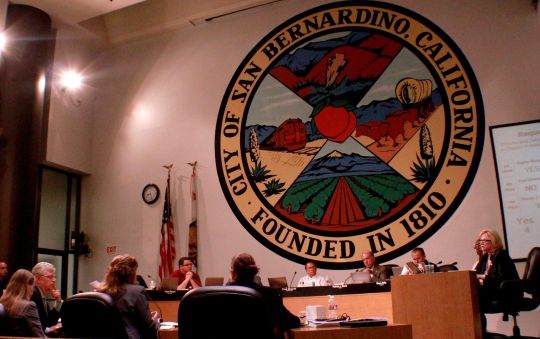By JACK HUNTER
My pro-life position is simple: Life is sacred. Life
is so sacred that for it to be taken there must be an extremely good reason—and
there are few good reasons. Convenience is certainly not a good reason. This
innate sanctity of human life is something virtually all civilized people
recognize despite one’s politics. Even those who identify as pro-choice are
only comfortable with abortion to the degree that they can downplay or dismiss
the humanity of the subject at hand.
Barack Obama has never claimed to be pro-life. As the Washington
Examiner’s Tim Carney writes:
“President Obama has killed hundreds of civilians, including women and
children, in Pakistan, Yemen and Somalia through a drone war aimed at
exterminating the suspected terrorists on his unprecedented and ever-expanding
‘kill list.’”


























